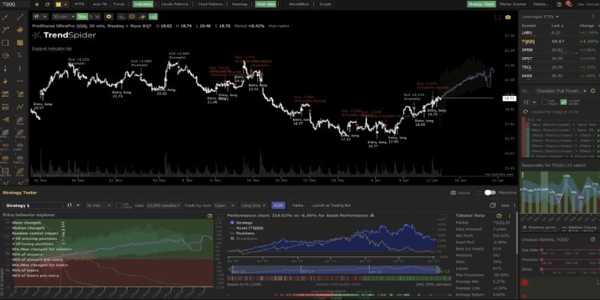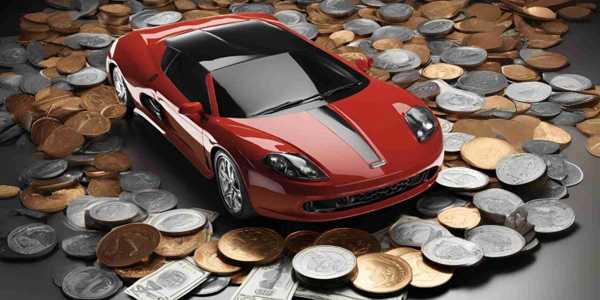Understanding Depreciation Trends In Luxury Cars
The depreciation of luxury cars is a key factor that potential buyers, owners, and investors consider when purchasing a high-end vehicle. Depreciation reduces a vehicle's value over time, driven by mileage, age, condition, and market demand. Understanding the depreciation trends in luxury cars is essential for consumers who want to make informed buying decisions and those looking to maintain or grow their vehicle investments. In this article, we will examine the various elements contributing to the depreciation of luxury cars, how these trends evolve, and how they differ from other vehicles in the automotive market.
Factors Influencing Depreciation Of Luxury Cars
Several factors contribute to the depreciation of luxury cars, many of which differ significantly from the depreciation trends observed in regular vehicles. While luxury cars generally retain their value better than standard models in the early years, they eventually face rapid depreciation as they age. One of the key factors is brand perception. Cars from prestigious brands like Rolls-Royce, Ferrari, and Porsche tend to depreciate less than those from less renowned manufacturers. This is mainly because luxury brands often have a loyal customer base and high demand for new and used vehicles, stabilizing their value for extended periods.
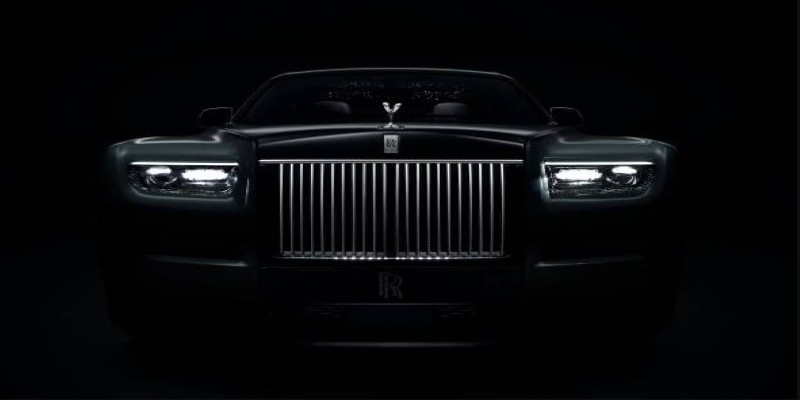
Another major factor is the initial price point. Luxury cars are typically much more expensive than mainstream vehicles, meaning they begin their depreciation journey from a higher baseline. A luxury car that costs over $100,000 can lose significant value within just a few years due to market expectations. On the other hand, vehicles from brands like Toyota or Ford, with a lower entry price, experience a slower depreciation rate, though the initial percentage loss may appear similar.
The Role Of Market Demand And Economic Factors
The economic environment profoundly impacts depreciation trends, particularly for luxury cars. Demand for luxury vehicles tends to increase when the economy is performing well. This demand can slow depreciation or keep a vehicle's value relatively stable for extended periods. However, during times of economic downturn, such as recessions, the luxury car market typically sees a sharp decline in demand, accelerating depreciation. Consumers are less likely to make high-end purchases when money is tight, which is reflected in the resale value of luxury cars.
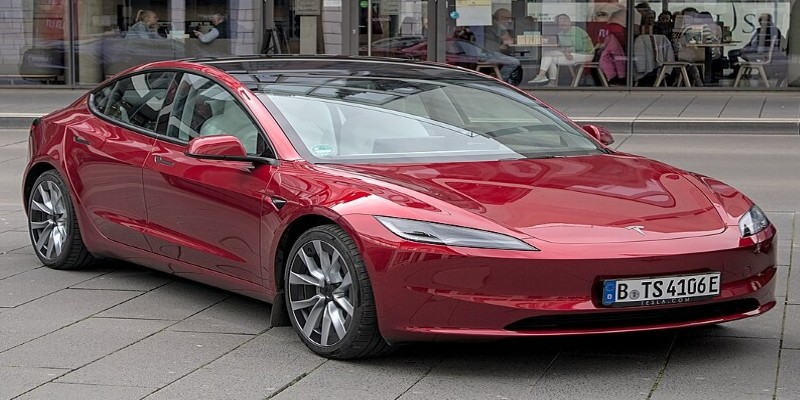
Another aspect of market demand is consumers' evolving tastes. The shift toward electric and hybrid vehicles has influenced the luxury car market, with some traditional gas-powered models experiencing more rapid depreciation as demand for environmentally friendly alternatives rises. Brands that have embraced electric vehicle technology, such as Tesla, have seen a different depreciation pattern, where electric luxury cars generally retain their value better than their gasoline-powered counterparts.
The Impact Of Age On Depreciation
Age is one of the most significant factors influencing the depreciation of luxury cars. Typically, luxury vehicles experience steep depreciation within the first few years of ownership. Within the first 3-5 years, a luxury car can lose anywhere from 40% to 60% of its original value, depending on the brand and model. After this initial sharp drop, depreciation tends to slow down, and the car stabilizes at a lower but more predictable value.
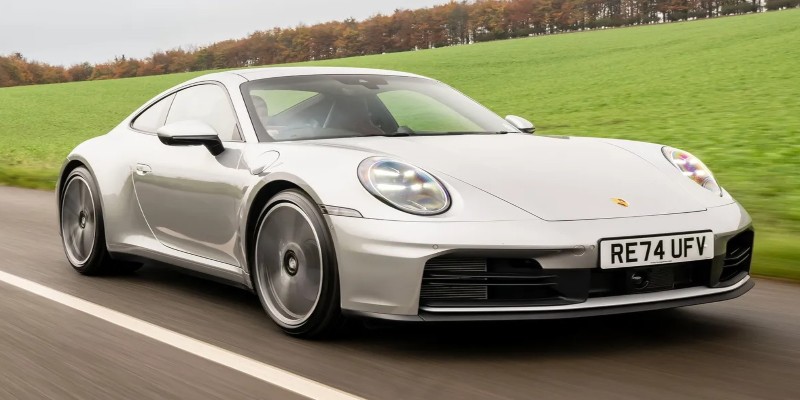
For instance, a high-end vehicle like a Mercedes-Benz S-Class might lose around 50% of its original value within the first 5 years. Afterwards, it might depreciate slower, potentially losing 10-15% of its value in the next five years. However, certain luxury cars, like the Porsche 911 or specific models of the Jaguar F-Type, are known for holding their value better over time than others in the same price range.
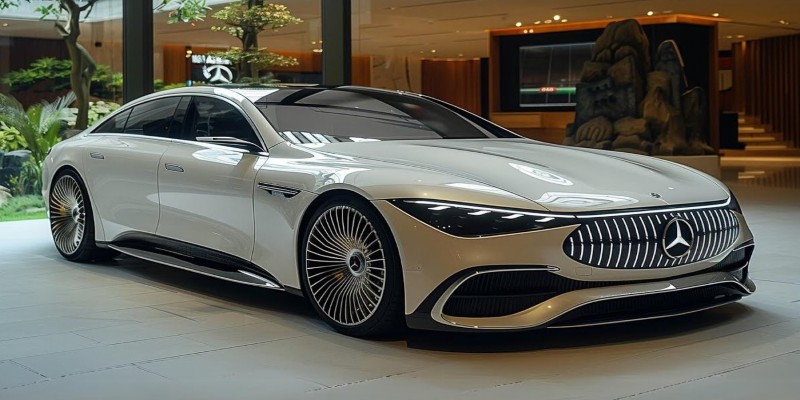
The Resale Value Of Luxury Cars
While depreciation is inevitable for all cars, some luxury models are renowned for retaining value better than others. Specific models from brands like Porsche, Lexus, and Toyota (in the case of their luxury division, Lexus) tend to depreciate at slower rates and hold their resale value longer. This can be attributed to the brand's reputation for reliability, longevity, and desirability. Moreover, these cars are often in high demand in the used car market, which helps to maintain their resale value.
Porsche, for example, is known for its vehicles' ability to maintain value, particularly the Porsche 911. While the 911 experienced depreciation in the first few years, it tends to hold its value better than many other luxury cars over the long term. This can be attributed to the brand's iconic status, focus on performance, and substantial following among enthusiasts. Similarly, Lexus cars, especially the Lexus GX and LX models, are known for their exceptional reliability and longevity, which makes them highly desirable in the used car market.
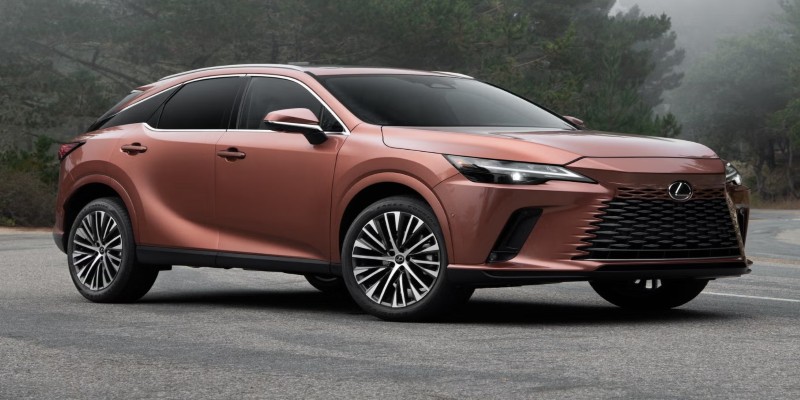
On the other hand, luxury cars from brands with a less established reputation for longevity or those that experience frequent updates and model changes tend to depreciate more quickly. This includes vehicles from brands like Audi and BMW, which release new models and features more frequently than some of their competitors. While these cars are still highly regarded in the luxury car market, their resale values are typically lower due to the rapid pace of innovation and the increased availability of newer models.
Conclusion
Understanding the depreciation trends in luxury cars requires a comprehensive look at several factors, including brand reputation, mileage, market demand, economic conditions, technological advancements, and vehicle age. Luxury cars tend to depreciate faster than other vehicles in the initial years but may stabilize after several years. By considering these trends, potential buyers can make informed decisions about purchasing a new or used luxury car and how best to manage their vehicle investments.
While some luxury cars, particularly those from prestigious brands, retain value better than others, all vehicles inevitably lose value over time. For those willing to purchase a used luxury car, it is essential to balance the savings from depreciation with the potential for maintenance and repair costs, as older luxury cars may require more attention and investment to keep them in good working condition. Understanding how depreciation affects luxury cars can help buyers and sellers navigate the complexities of the luxury car market and make more informed decisions about their automotive purchases and investments.
Latest Article
-

- Understanding Fees And Charges On Trading Platforms
-

- 6 Best Car Insurance Options For College Students
-

- Summer Shopping Essentials: Must-Have Items For A Stylish Season
-

- Unforgettable Valentine's Day Gifts For Every Relationship Stage
-

- Why Choose Index Funds? These Picks Show You Why
-

- What Car Insurance Covers During Natural Disasters









